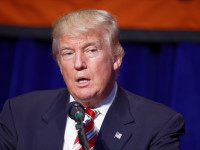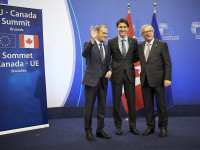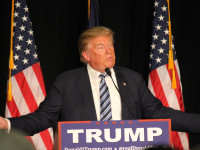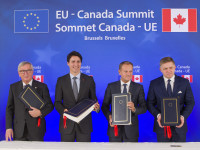President-Elect Donald Trump has ended any further speculation about the future of the Trans Pacific Partnership by announcing that he plans to formally withdraw from the agreement on his first day in office. I’ve written extensively about why ratification for Canada would be a mistake and argued last week in the Globe that Canada should use the death of the TPP as an opportunity to re-examine its approach to trade agreement negotiations including working toward greater transparency, focusing on tariff reduction rather than regulations, and dropping controversial ISDS provisions.
The need for Canada to wait on the U.S. has been readily apparent for months. As currently structured, the TPP cannot take effect without the U.S. since entering into force requires ratification by at least six signatories who represent at least 85 percent of the GDP of the countries in the original deal. That provision effectively gives both the U.S. and Japan veto power. With the U.S. pulling out, the agreement will not enter into force no matter what Canada (or anyone else) does.
The central role of the U.S. in the TPP is no accident. For most TPP countries, access to the U.S. market was the primary reason for entering into the agreement and as Japanese Prime Minister Shinzo Abe said over the weekend, “the TPP would be meaningless without the United States.” Indeed, the reason Canada, Japan, and Mexico all joined the TPP talks late was that without a clear commitment from the U.S., the agreement was of limited value.












